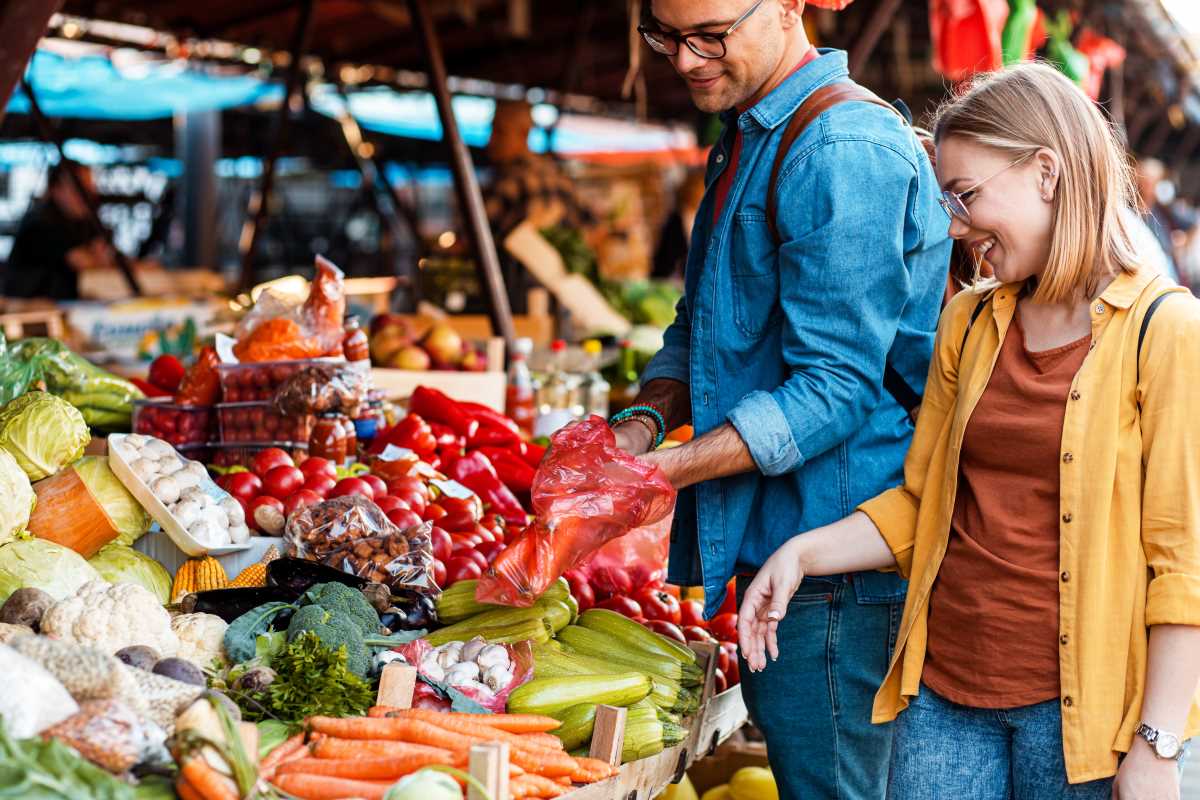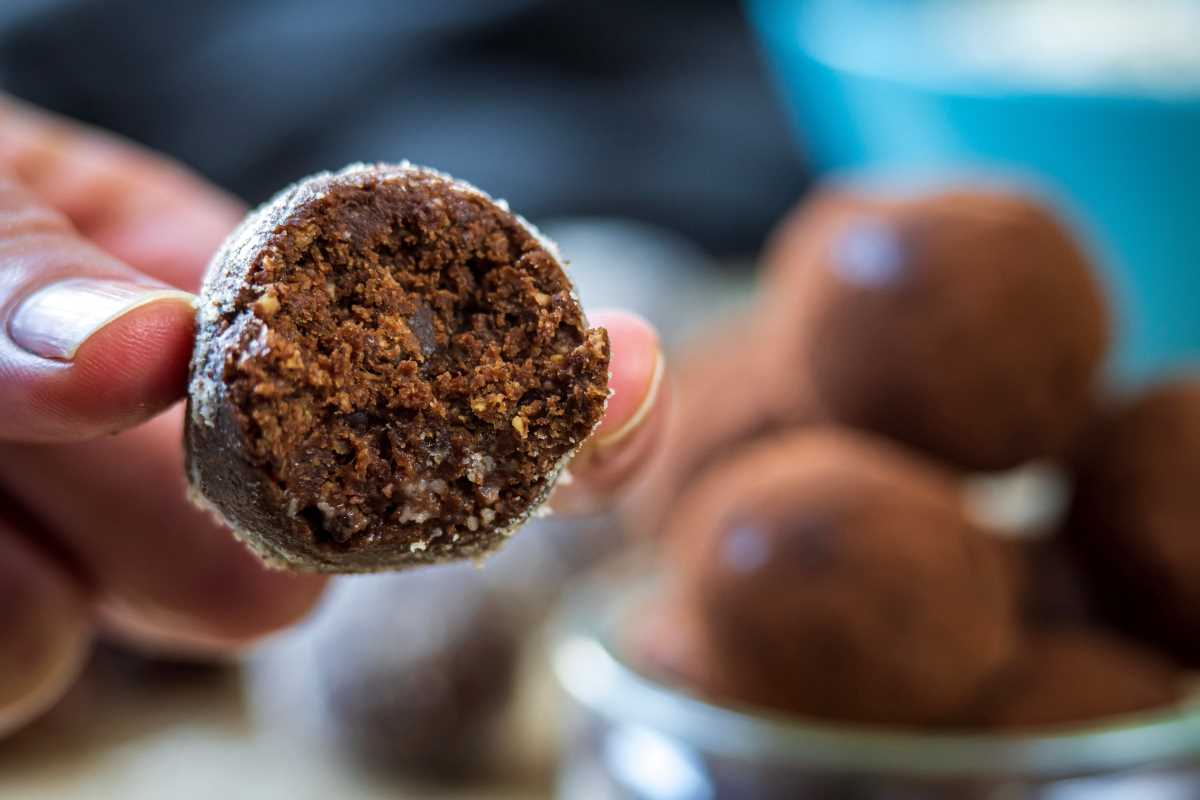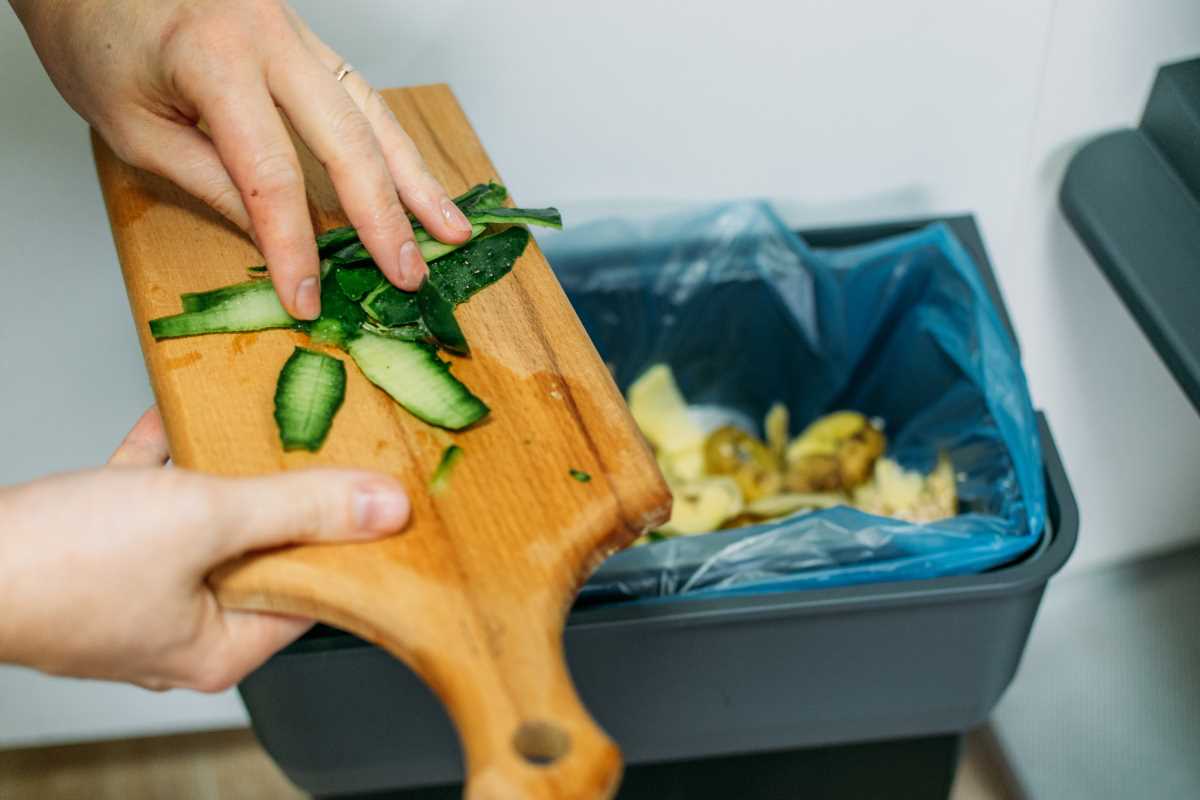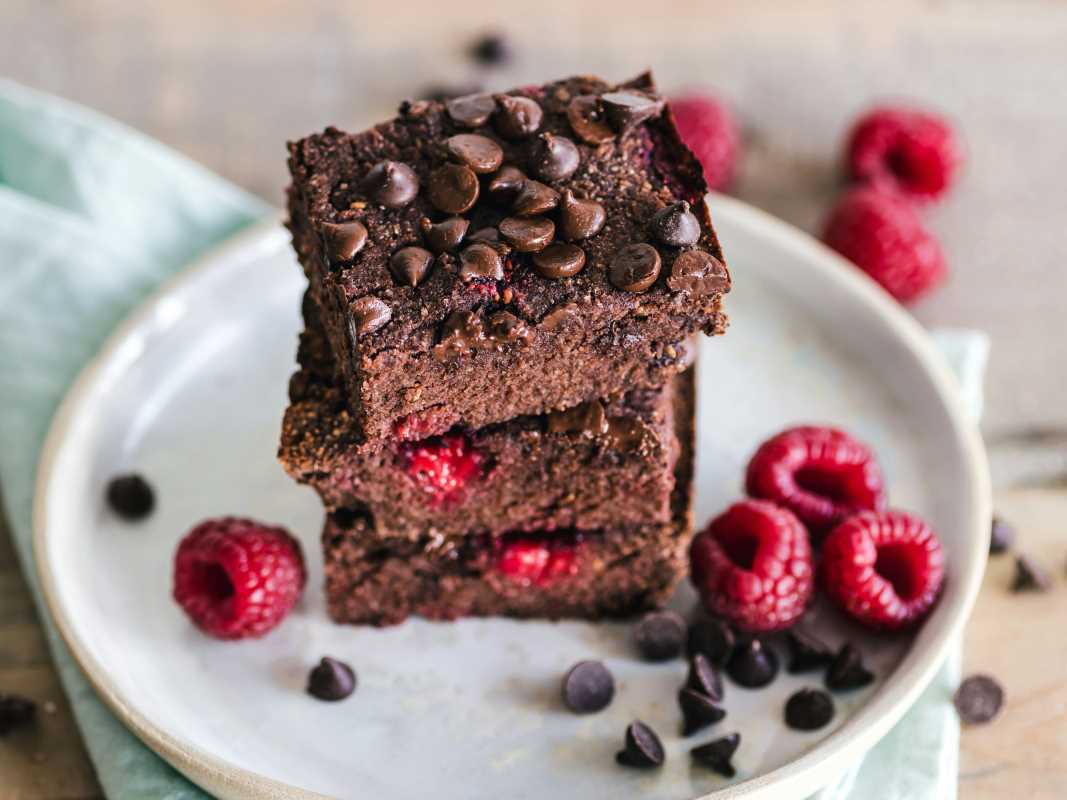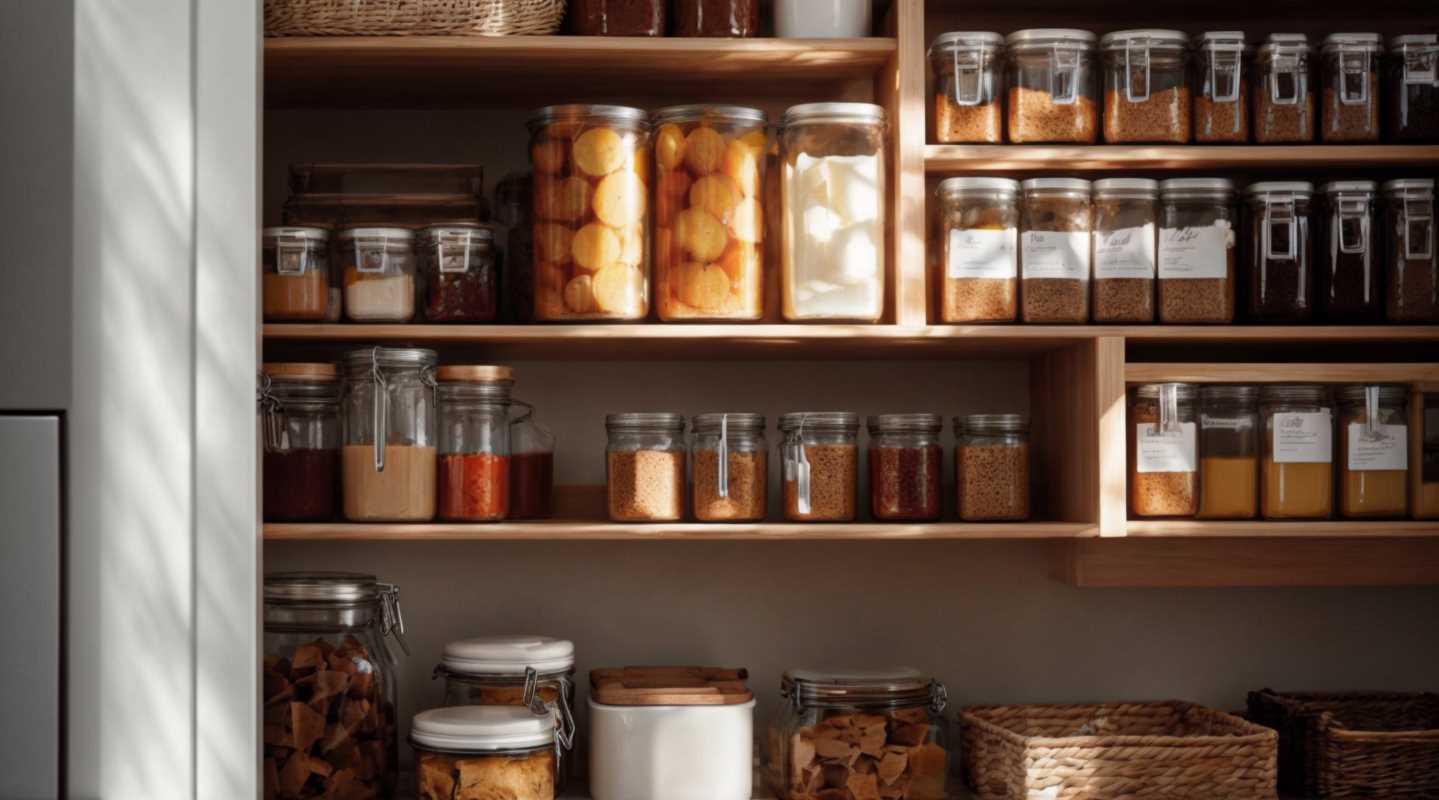Edible flowers offer a wonderful way to transform your meals into a feast for the senses. They don't just bring a burst of color to your plate but also infuse your dishes with unique flavors that can surprise and delight. These beautiful blooms effortlessly add an elegant flair to your culinary creations while supporting a sustainable approach to cooking. By opting for edible flowers, you embrace an eco-friendly lifestyle that celebrates the use of natural and often locally sourced ingredients. This choice helps reduce food waste and encourages biodiversity, turning your kitchen into a hub of environmental mindfulness.
Unusual Edible Flowers and Their Benefits
- Hibiscus: With a tart, cranberry-like flavor, Hibiscus flowers work well in teas and salads. They pack antioxidants that combat free radicals and support overall health.
- Borage: These star-shaped blue flowers have a mild cucumber taste. Borage garnishes soups and adds a refreshing twist to beverages while attracting beneficial insects to your garden.
- Lavender: Known for its sweet, floral aroma, Lavender complements desserts and savory dishes alike. It has calming properties and serves well in eco-friendly herbal sachets.
- Squash Blossoms: Delicate and mildly sweet, Squash Blossoms make an ideal stuffing or frying option. Using the entire plant helps minimize waste and supports sustainable gardening practices.
- Violets: These charming purple flowers offer a sweet flavor suitable for salads and desserts. Violets provide high levels of vitamins A and C, promoting skin health and immune function.
- Daylilies: With a subtle earthy taste, Daylilies work well in stir-fries and soups. They thrive with minimal resources, making them an eco-friendly choice.
- Marigolds: Often called "poor man's saffron," Marigolds deliver a peppery taste and vibrant color. They repel pests naturally, supporting organic gardening without harmful chemicals.
- Bee Balm: These bright red flowers have a minty flavor, perfect for teas and salads. Bee Balm attracts pollinators, enhancing the health of your garden ecosystem.
- Chive Blossoms: With a mild onion flavor, Chive Blossoms make excellent garnishes for baked potatoes and add zest to dips. They extend the use of the chive plant, promoting full plant utilization.
- Pansies: Available in various colors, Pansies provide a mild, grassy flavor. They serve well in both sweet and savory dishes and help support pollinator populations.
How to Incorporate Edible Flowers into Your Meals
- Breakfast: Sprinkle Pansies and Chive Blossoms over your morning omelette or add Hibiscus tea to your smoothie for a colorful start to the day.
- Lunch: Enhance your salads with Violets and Bee Balm, or use Marigolds as a vibrant topping on your sandwich to boost flavor and visual appeal.
- Dinner: Incorporate Squash Blossoms into your main courses by stuffing them with cheese or herbs, or garnish your soups and stews with Daylilies for an elegant touch.
Tips for Harvesting and Preparing
- Choose Pesticide-Free Flowers: Always select flowers that have not undergone chemical treatments to ensure they're safe for consumption.
- Harvest Early in the Day: Pick flowers in the morning when they're freshest and most vibrant.
- Use Clean Tools: Use scissors or garden shears to avoid damaging the plants and to keep the flowers clean.
- Store Properly: Keep harvested flowers in a refrigerator wrapped in a damp paper towel to maintain freshness until use.
- Grow Your Own: Cultivating edible flowers in your garden ensures a sustainable and reliable source while promoting biodiversity.
Eco-Friendly Meal Ideas Featuring Flowers
Transform your meals with these creative eco-friendly dishes that showcase the beauty and flavor of edible flowers. From vibrant salads adorned with Violets to refreshing Hibiscus iced teas, these recipes not only taste amazing but also support sustainable living practices. Embrace the variety of eco-friendly dishes that make the most of nature's bounty.
Exploring the Health Benefits
Edible flowers offer more than just a pretty addition to your plate; they provide a range of nutritional benefits. Many flowers, such as Lavender and Bee Balm, contain essential vitamins and antioxidants that support immune health and reduce inflammation. Others, like Chive Blossoms and Violets, deliver necessary minerals and vitamins that contribute to overall well-being. Adding these flowers to your diet helps you consume a wider variety of nutrients while enjoying flavorful and visually appealing meals.
Edible flowers enhance your dishes while promoting sustainability and a health-conscious lifestyle.
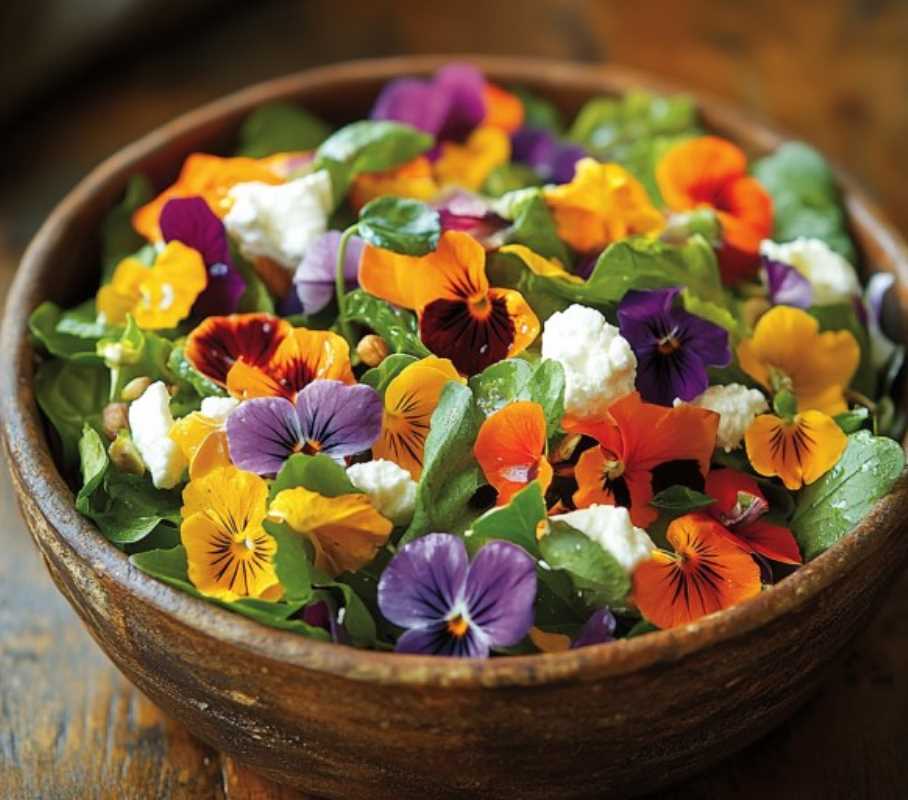 (Image source: Midjourney)
(Image source: Midjourney) 